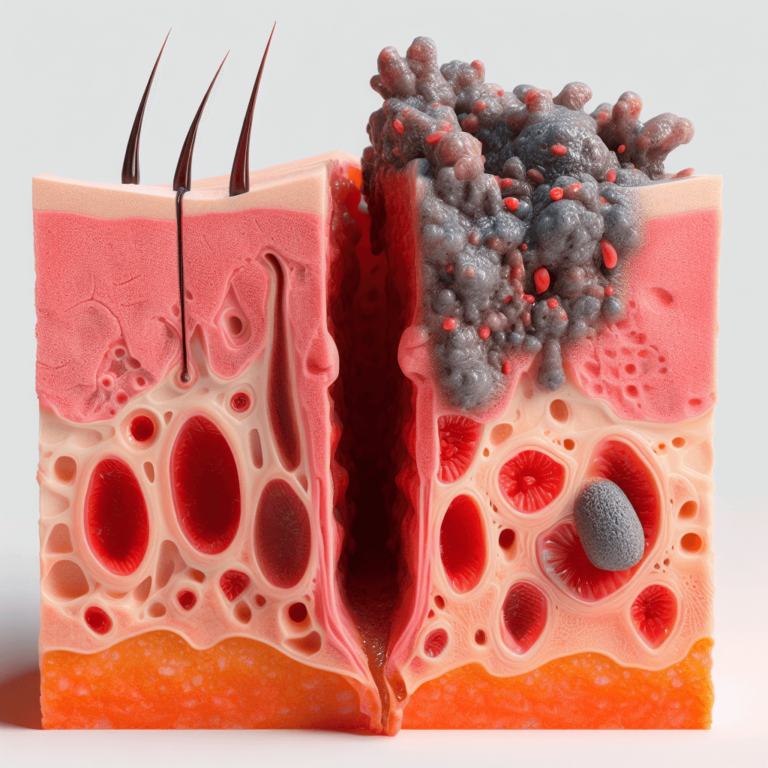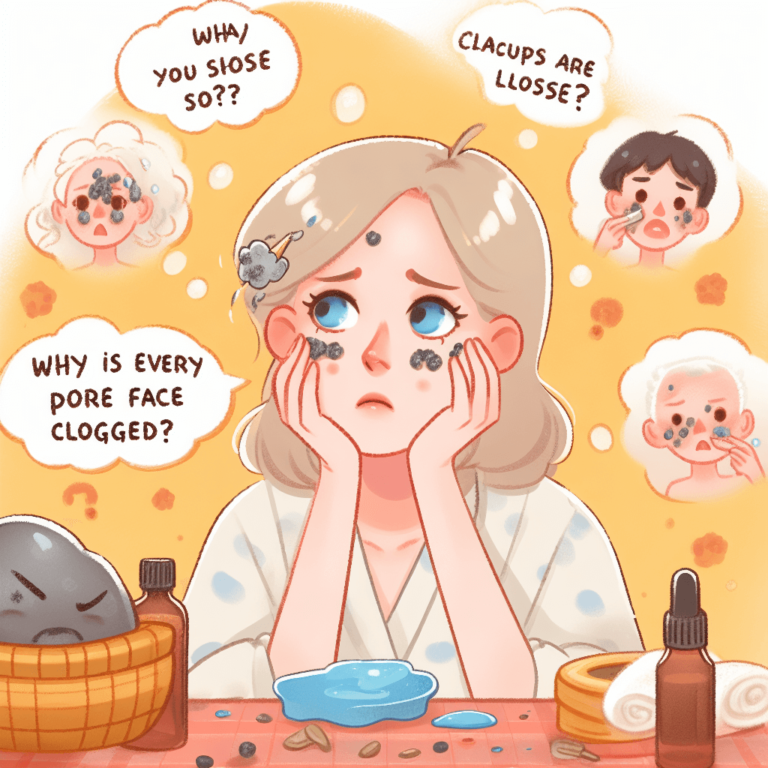How Pore Clogging Is Bismuth
Bismuth, commonly found in cosmetics, raises questions regarding its influence on pore health. Let’s explore the potential association between bismuth and pore-clogging.

Bismuth and Pore Clogging
1. Bismuth in Cosmetics
Bismuth oxychloride, a derivative of bismuth, is often used in cosmetics for its pearlescent or shimmery effect, especially in mineral makeup formulations.
2. Non-comedogenic Nature
Bismuth oxychloride is generally considered non-comedogenic, meaning it’s less likely to clog pores on its own, making it suitable for various skin types.
3. Skin Irritation Concerns
For some individuals, especially those with sensitive or acne-prone skin, bismuth oxychloride might cause skin irritation or exacerbate existing skin conditions, potentially leading to pore congestion.
4. Potential for Pore Blockage
While bismuth oxychloride itself isn’t known to clog pores, in some cases, it might contribute to skin irritation or allergic reactions that can indirectly lead to pore congestion.
5. Skin Sensitivity Consideration
Patch-testing cosmetics containing bismuth oxychloride can help individuals determine if their skin is reactive to this ingredient, thus minimizing potential pore-related issues.
6. Preventive Measures
Choosing cosmetics labeled as non-comedogenic and suitable for your skin type, including those without bismuth oxychloride, can reduce the risk of potential pore concerns.
7. Seeking Professional Advice
Consulting a dermatologist or skincare professional can provide personalized recommendations, especially for individuals concerned about skin reactions to products containing bismuth oxychloride.
Conclusion
Bismuth oxychloride, often used in cosmetics for its aesthetic properties, is generally considered non-comedogenic. However, for some individuals, it might lead to skin irritation that could indirectly contribute to pore congestion. Understanding your skin’s sensitivity and choosing suitable products is essential for preventing potential pore issues.






